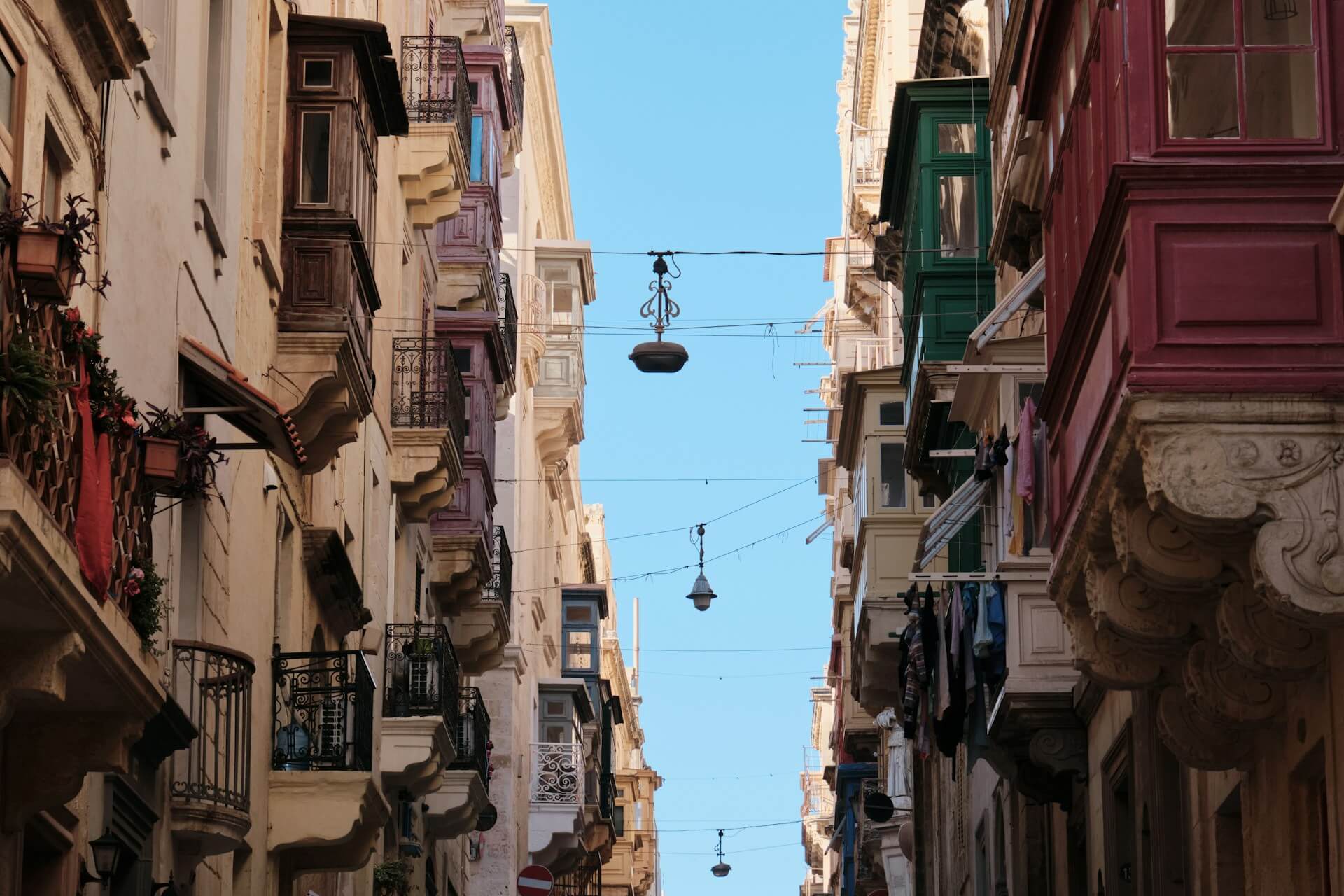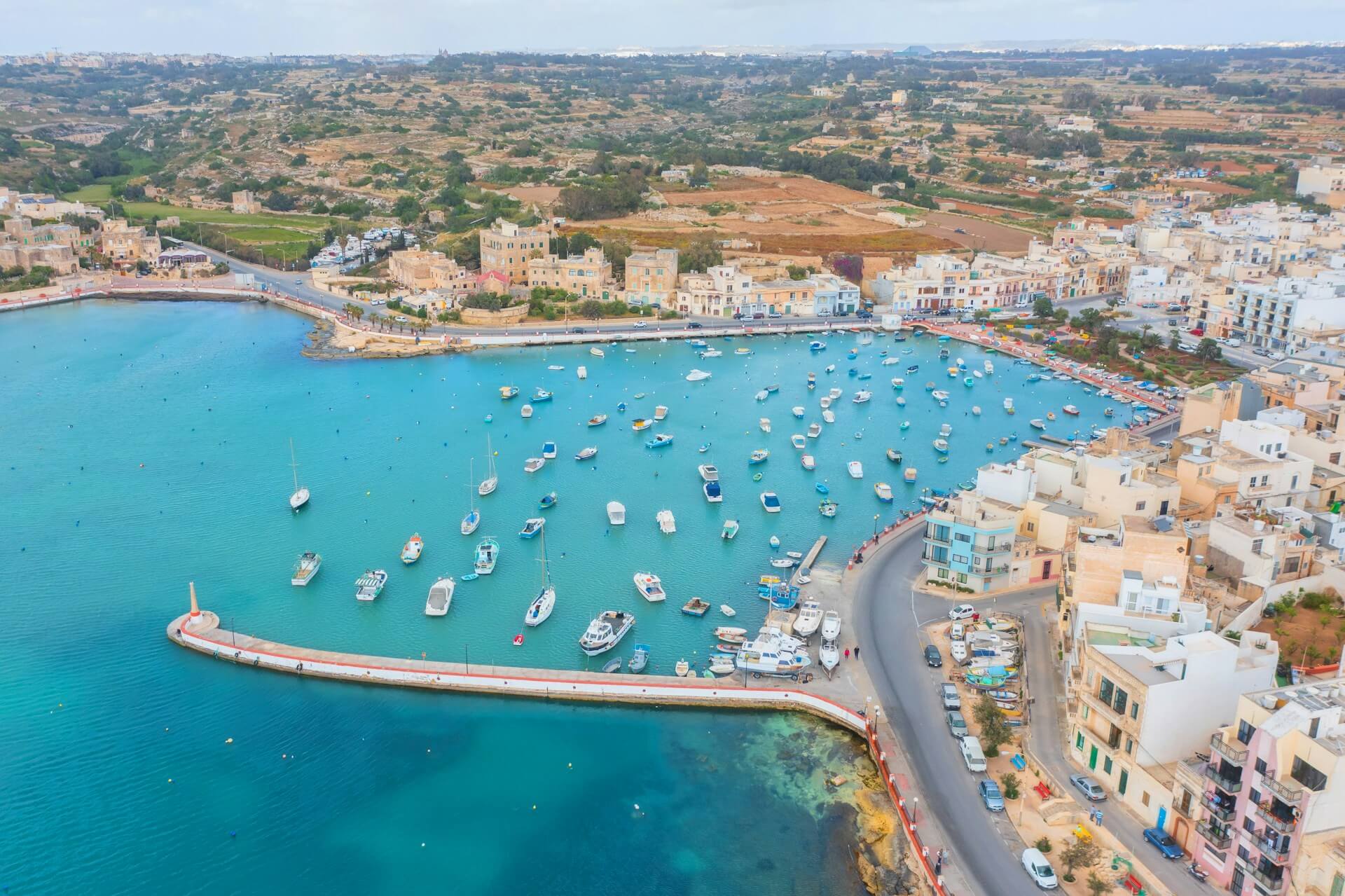Moving to Malta for Work: The Ultimate Relocation Checklist
Trading drizzle for 300 days of sunshine is tempting, but relocating is more than a one-way ticket. This Malta relocation guide walks you through every step—permits, jobs, money, housing and culture—so you can relocate to Malta for a job with zero nasty surprises.
Visas, Permits & Legal Entry
EU/EEA citizens (including the UK post-Brexit) enter visa-free but must apply for an eResidence Card within 90 days.
Third-country nationals need a Single Permit; Identità quotes an average two-month turnaround once paperwork is complete (Identità).
Remote or keeping your foreign employer? Malta’s Nomad Residence Permit grants a renewable one-year stay if you earn at least €42 000 gross per year (nomad.residencymalta.gov.mt, Business Insider).
Fast-track tip: short-stay entry visas issued at consulates often clear in 5-15 working days, provided your file is complete (playroll.com).
Job Market Snapshot 2025
Malta’s buoyant labour market is hungry for international talent—especially native English or niche-language speakers.
- iGaming & sports-betting: customer support, content, AML.
- FinTech & payments: compliance, risk, product roles.
- Aviation MRO and logistics: engineers, planners.
- Tourism & hospitality: premium-segment management.
Average salary 2025: ~€20 500 a year (≈ €1 708 / month) across all sectors, with specialist roles rising well above that. Use Jobhound filters (language, remote, salary band) to drill down fast.

Cost of Living Reality Check
- Single person, basic lifestyle (excl. rent): €775–€900 / month
- One-bed rent: €900–€1 100 in Sliema/St Julian’s; €650–€800 in Gżira; Gozo < €600.
- Family of four, mid-range life (excl. rent): €2 800–€3 200 / month.
- Expatistan puts total spend (incl. rent) for a single at €2 100–€2 200 and for a family at €4 000+.
Bottom line: you’ll pay less tax and social security than in most of Western Europe, but imported luxuries (and air-con abuse) add up.
Taxes & Social Security
Income tax bands run 0–35 %, yet most expats sit closer to 20–25 %. Social-security contributions total ≈10 % split employer/employee. Foreign income kept abroad is not taxed locally—handy for remote workers under the Nomad scheme.

Finding a Home
- Prime expat zones: Sliema & St Julian’s (nightlife, iGaming HQs)
- Budget-friendlier hubs: Gżira, Msida, Birkirkara
- Charm offensive: Valletta (UNESCO views, endless steps)
- Remote serenity: Gozo for digital nomads
Arrive off-season (Jan–Feb) to negotiate 10–15 % below list price; insist on a registered contract and one-month deposit.
Banking, Utilities & Admin
Open a local IBAN (BOV) or EU Revolut for friction-free rent payments. Apply for your Tax Identification Number (TIN) the same week you lodge your eResidence paperwork—one FS4 form, 24 h turnaround. Utilities average €90 / month for a 50 m² flat if you keep AC moderate.
Healthcare & Insurance
Your EHIC or GHIC covers emergencies; full state access kicks in once your social-security number is active. Private plans start at €40 / month and slash clinic wait times—smart for families or freelancers.

Culture & Networking
English is an official language alongside Maltese, so you’ll survive without adding “għ, ħ, and għajn” to your alphabet. Join LinkedIn groups such as “Expats in Malta” or pop into post-work meet-ups hosted around Valletta and Sliema to build a network before the first beach BBQ invite lands.
The Ultimate Relocation Checklist
- Secure employment (or remote contract) via Jobhound.
- Book one-month temporary stay—Airbnb, serviced flat.
- Gather documents: passport (6 mo+), job offer, proof of funds, health cover.
- Fly to Malta; within 90 days submit eResidence Card application.
- Obtain TIN and confirm social-security registration.
- Open EUR account; set up salary & rent transfers.
- Scout long-term rental; sign and register the lease.
- Sort healthcare: state registration + private top-up if needed.
- Update licences & insurance (car, scooter).
- Plug into local life: expat groups, language snippets, first pastizzi taste-test.
Tick each box, and your move becomes a series of small wins instead of one giant leap.

Final Word
A successful moving to Malta for work story hinges on preparation: right permit, realistic budget, solid job lead and cultural curiosity. Follow this checklist and you’ll land on the island prepared—not panicked—ready to swap traffic jams for sea-view commutes.
Next step? Browse the latest roles on Jobhound.mt and turn planning into plane tickets.